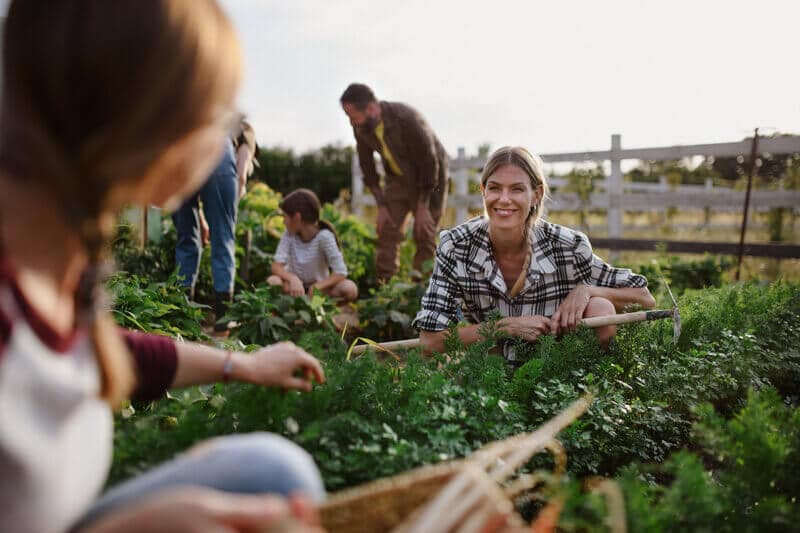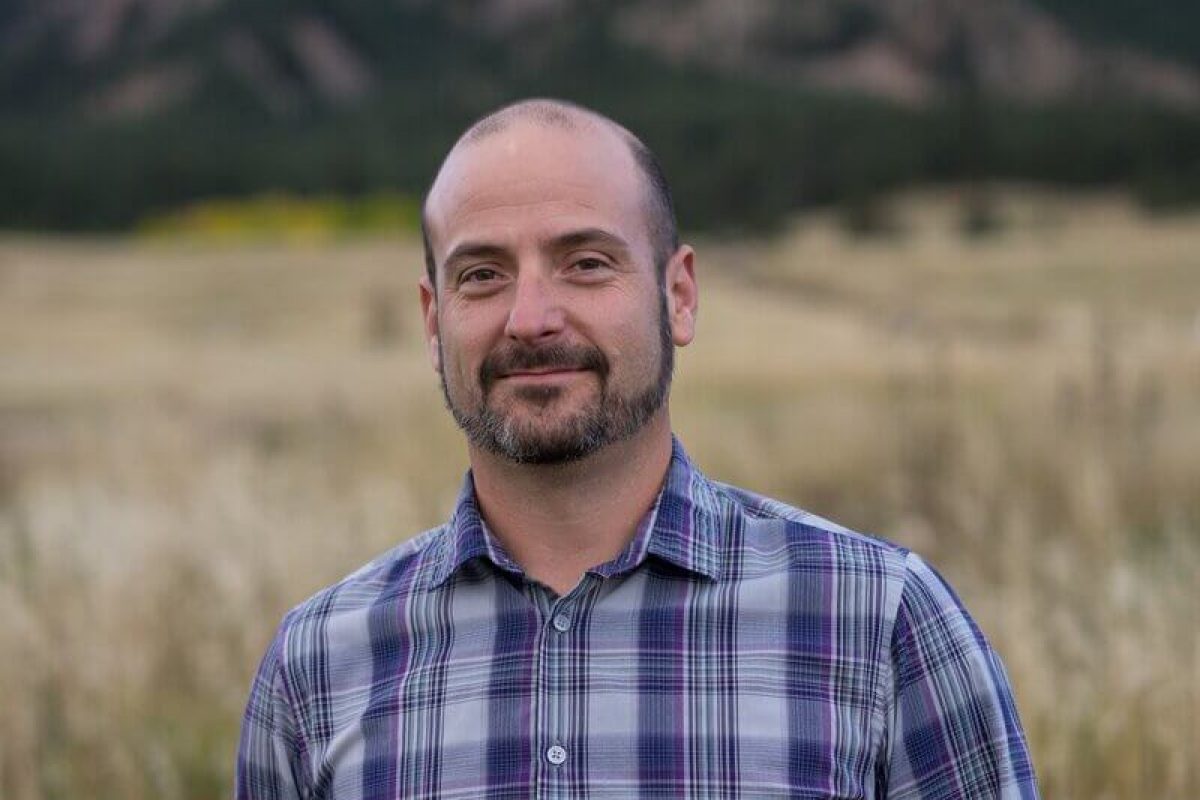“If we can create the conditions for life, then life will emerge full of potential, but it’s about creating those conditions.” – Tre’ Cates
“From the pandemic to Black Lives Matter, and the current state of the climate and the natural environments, we need to believe that all of this can be better. However, this requires, I believe, an incredible shift in thinking. An opportunity to see the world through a different lens. And I’m talking about seeing yourself that way, your team, your organization, your communities — actually our global community — very differently. It’s not a small shift, it’s a massive shift in how we see ourselves and one another and it will take all of us to make this shift a reality.” – Tre’ Cates
Tre’ Cates is a seasoned entrepreneur and regenerative thought-leader from Colorado USA making an impact within his communities and beyond with regenerative agriculture.
He has built several organisations with a strong emphasis on building healthy, regenerative organisational environments that enable long-term outcomes without compromising social and environmental integrity.
Tre’ has a wide range of experience from the development of faith-based community organisations, a publicly-traded technology company, to a multi-national organisation. He has won several top individual awards in Colorado, including Entrepreneur of Distinction in Boulder, CO, and a two-time semi-finalist of Colorado’s Ernst & Young Entrepreneur of the Year.
After discovering the idea of Holistic Management, Tre’ spent a year studying under Allan Savory. Together with Daniella Howell, he set up the Savory Institute and became the first COO of the non-profit organisation.
Tre’ now works with many organisations and industries and consults with organisations in over 35 different countries. He brings his unique genius and passion to help realise the unrealised potential of organisations through people using the Regenerative Framework he and the nRhythm team developed.
This is a flexible, non-prescriptive framework that allows collaborative members the opportunity to co-design operational structures, strategic priorities and programmes including work plans that are contextually relevant to the desired purpose and outcomes of its members. This framework becomes a guide for holistic decision-making, enabling collaborative health.
Tre’ Cates and nRhythm’s holistic approach to change
“A living, evolving and naturally functioning organisation where abundance and resilience are recurring outcomes of its underlying health.” – Tre’ Cates
Tre’ has not only played a significant role in the development of the Savory Institute as a co-founder and in the Regenerative Movement but through the founding and operation of nRhythm.
nRhythm, is an organisation focused on designing, operating, nurturing, and resourcing other organisations, ecosystems and communities of all kinds using the nRhythm Regenerative Framework.
This framework centres on a holistic, living systems-based approach to improving organisational outcomes while increasing the efficiency, effectiveness, and well-being of employees.
He has created a global ecosystem of partners from different locations who are also committed to making an impact on a global scale.
With a clear set of guiding principles learnt from living systems, nRhythm’s approach to creating a regenerative organisation can be successfully applied to any industry.
- Developmental – Growth and health of all members
- Nodal – Decentralized and distributed
- Evolutionary – Maintains a dynamic balance with ever-changing environmental conditions
- Uniqueness – Original and the possibility of individual genius
- Interdependence – Inherent value of all relationships
- Holism – The whole is more than the sum of its parts

Regeneration isn’t just about agriculture – it’s a way of living. The principles of Regenerative apply not only to farming and agriculture but also to communities, organisations and even families.
Tre’ elaborates on the importance of moving away from the distraction of things to reinvesting and regenerating instead. He talks about using regeneration in our communities and on the fourth principle of uniqueness in this video.
Regenerative agriculture is trending all around the globe and with big brands joining the revolution the holistic approach is only getting stronger.
” There’s something unique in your communities. There’s something unique in you. What we want to do is find the opportunities to bring out that uniqueness, but we can only do that by giving you the freedom to set you up as a designer, and your communities up as decision-makers – to be able to move in that direction. We want to move from prescriptions to principles where everything is holistic and related.” – Tre’ Cates
Thanks to Regenerative pioneers like Tre’ Cates whose interest and commitment to creating social entrepreneurial organisations in the regenerative movement are truly making an impact on humanity for the greater good.

nRhythm and Ata Regenerative join forces
“Revealing genius in others should be one of the greatest priorities and motivations for leadership in the workplace, in our communities and in our societies.” – Tre’ Cates
With successful collaborations on the Regenerative Leadership Program and the Regenerative Design Lab and other projects- we are grateful to have a partnership and joint context with nRhythm.
Together we bring you a suite of resources and services to assist with your transition to a regenerative model for your organisation, community, or farm and help you achieve the potential that lives within your soils, animals and people.
Regenerative is learning from nature so we can all heal, renew and grow to provide a healthy abundant future for all.
Contact us here to find out more about how we can help you in your transition to Regenerative.
Ata Regenerative are at the forefront of regenerative agriculture practice in New Zealand. With 17 years working in the regenerative space and as New Zealand’s Savory Hub and the only EOV provider in the country, Ata Regenerative can assist with your transition to farm practice that focuses on the regeneration of soils, increased productivity, and biological diversity, as well as economic and social well-being. To find out more, contact us here.


